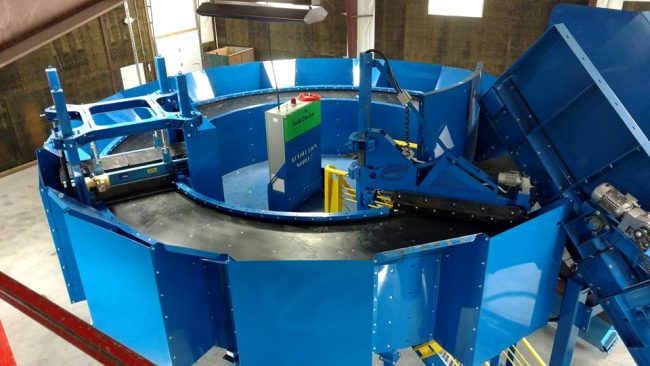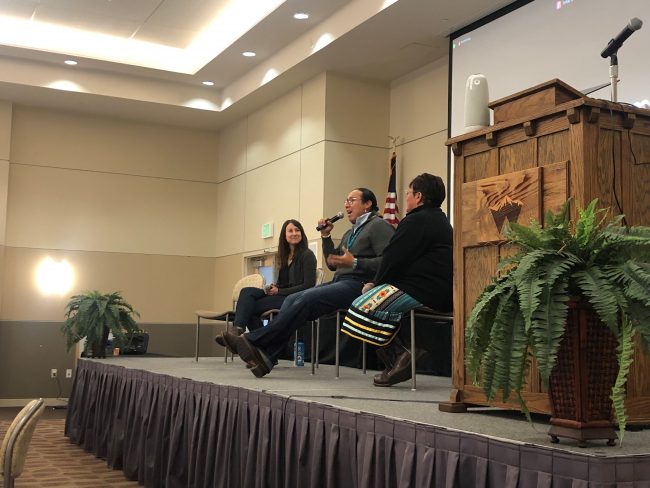DO YOU EVER THINK ABOUT where your recycling goes after you place it in the bin? Do you ever contemplate the ever-increasing mounds of trash in the landfills and wonder how it is affecting climate change? Well, John Armstrong, of Salida, thinks about these things all the time. He has been re-imagining a state-of-the-art recycling facility for Chaffee County. “I have always had a passion for sustainability and clean infrastructure,” he said, citing a college entrepreneurial attempt at a badly timed, but well-intentioned, biodiesel company. “Although that company did not survive, I never lost the drive for entrepreneurship and doing…




